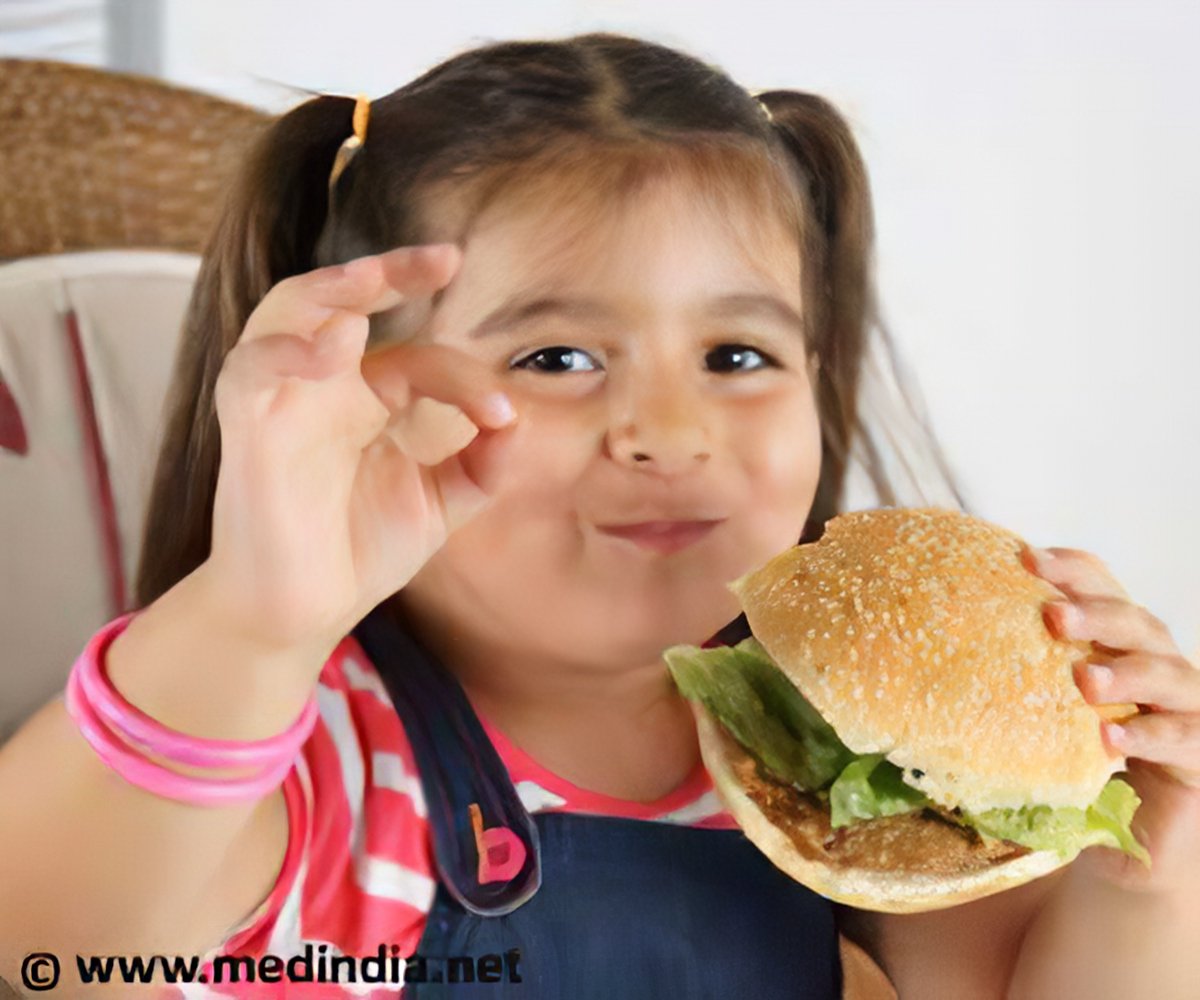Children's Body Composition may Influence How Their Brains Respond to Food

Childhood obesity is a growing problem. Children's perception about high-calorie foods depends on how much fat has accumulated around their waistlines, revealed a new study. Therefore, lean children will have more powerful brain responses while looking at high-calorie foods compared to children with lower lean body weight. The researchers found that children with higher body fat had lower activity in this same brain area when they saw pictures of healthier, low-calorie foods.
Nicole Fearnbach from Pennsylvania State University's department of nutritional sciences said, "Kids with more lean body weight might have a greater reward response to higher calorie foods, in part because they have greater energy needs compared to children with less lean body weight. Bigger kids burn more calories and our results show that their brains respond differently to foods."
The study involved 38 children aged seven to 10 years and their parents. Interestingly, the research team also found that children with more body fat had a reduced brain response to healthy foods. It could be that kids with higher body fat find healthier foods to be less rewarding. The study findings suggest that children's body composition may influence how their brains respond to food. Further studies are needed to determine how these findings relate to children's food intake or their body weight over time.
The research will be presented at the annual meeting of the Society for the Study of Ingestive Behavior (SSIB) in Denver, Colorado.
Source: IANS